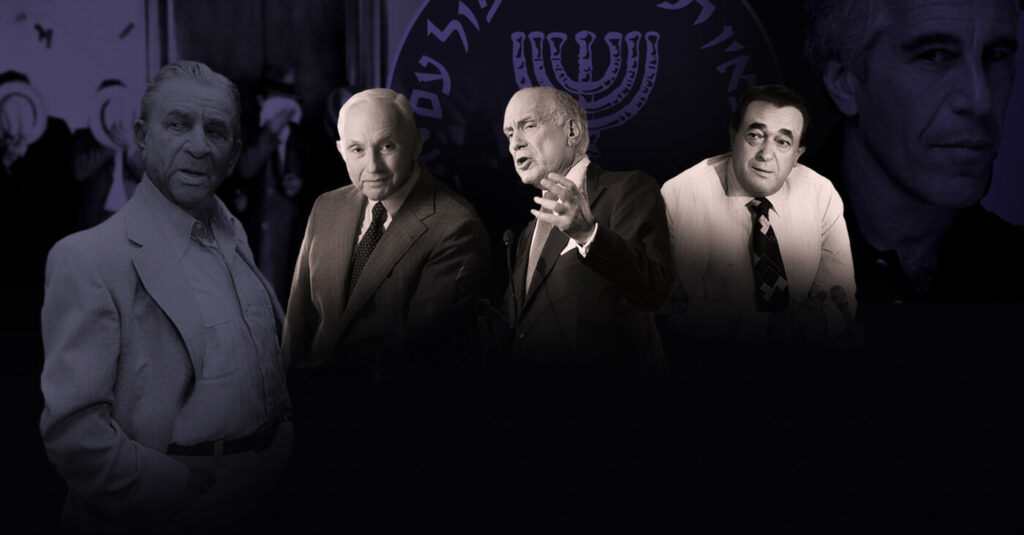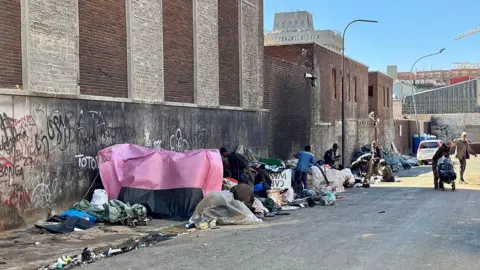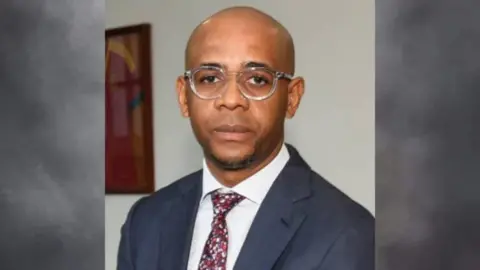South Africa's President Cyril Ramaphosa has taken decisive action by placing Police Minister Senzo Mchunu on an immediate "leave of absence" amid serious allegations linking him to organized crime. In a nationally televised address, Ramaphosa emphasized the need for a thorough investigation into accusations that Mchunu interfered in probes related to political assassinations and corruption within law enforcement agencies. The allegations pose a significant threat to both constitutional integrity and national security, prompting the formation of a judicial commission to explore the claims further.
Appointed to lead the inquiry is deputy chief justice and law professor Firoz Cachalia, who will examine not only the allegations against Mchunu but also scrutinize both current and former police officials as well as members of the national executive. The move comes as public pressure mounts on Ramaphosa to ensure accountability in the ongoing issues concerning South Africa's police force.
Senzo Mchunu, who is 67 and a prominent member of Ramaphosa's African National Congress (ANC) party, has denied any wrongdoing and expressed his readiness to answer the allegations. He stated, "I welcome and respect the president's decision and pledge my commitment to the process," underscoring his belief in the values of honor and integrity.
The controversy began when the KwaZulu-Natal provincial police chief, Nhlanhla Mkhwanazi, publicly stated that Mchunu was allegedly receiving financial support from a businessman linked to corrupt activities. Mkhwanazi argued that this financial backing was integral to Mchunu's political endeavors, leading to the dismantling of a task force aimed at investigating political killings in the province.
Mkhwanazi further claimed that Mchunu instructed the removal of 121 case files from the disbanded unit, preventing necessary investigations into unresolved cases. This incident escalates the investigation as it raises questions about the accountability of high-ranking officials within the South African police force.
While Mchunu faces scrutiny, the implications of this case extend beyond individual accountability. Analysts suggest that Mchunu's influential role within the ANC could impact the party's leadership dynamics ahead of the next elective conference scheduled for 2027, making the resolution of these allegations critical not only for national security but also for South Africa's political future.
Appointed to lead the inquiry is deputy chief justice and law professor Firoz Cachalia, who will examine not only the allegations against Mchunu but also scrutinize both current and former police officials as well as members of the national executive. The move comes as public pressure mounts on Ramaphosa to ensure accountability in the ongoing issues concerning South Africa's police force.
Senzo Mchunu, who is 67 and a prominent member of Ramaphosa's African National Congress (ANC) party, has denied any wrongdoing and expressed his readiness to answer the allegations. He stated, "I welcome and respect the president's decision and pledge my commitment to the process," underscoring his belief in the values of honor and integrity.
The controversy began when the KwaZulu-Natal provincial police chief, Nhlanhla Mkhwanazi, publicly stated that Mchunu was allegedly receiving financial support from a businessman linked to corrupt activities. Mkhwanazi argued that this financial backing was integral to Mchunu's political endeavors, leading to the dismantling of a task force aimed at investigating political killings in the province.
Mkhwanazi further claimed that Mchunu instructed the removal of 121 case files from the disbanded unit, preventing necessary investigations into unresolved cases. This incident escalates the investigation as it raises questions about the accountability of high-ranking officials within the South African police force.
While Mchunu faces scrutiny, the implications of this case extend beyond individual accountability. Analysts suggest that Mchunu's influential role within the ANC could impact the party's leadership dynamics ahead of the next elective conference scheduled for 2027, making the resolution of these allegations critical not only for national security but also for South Africa's political future.




















